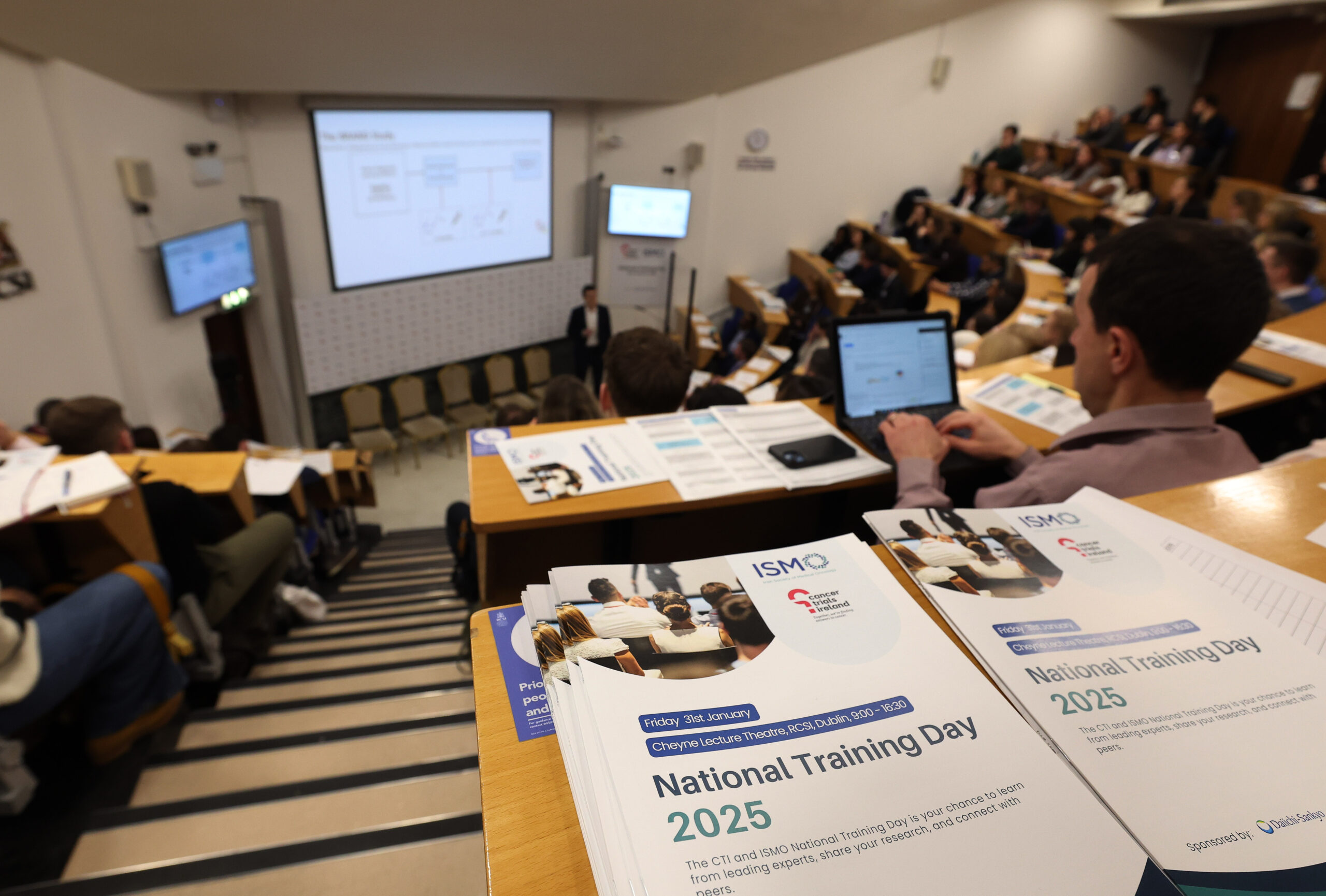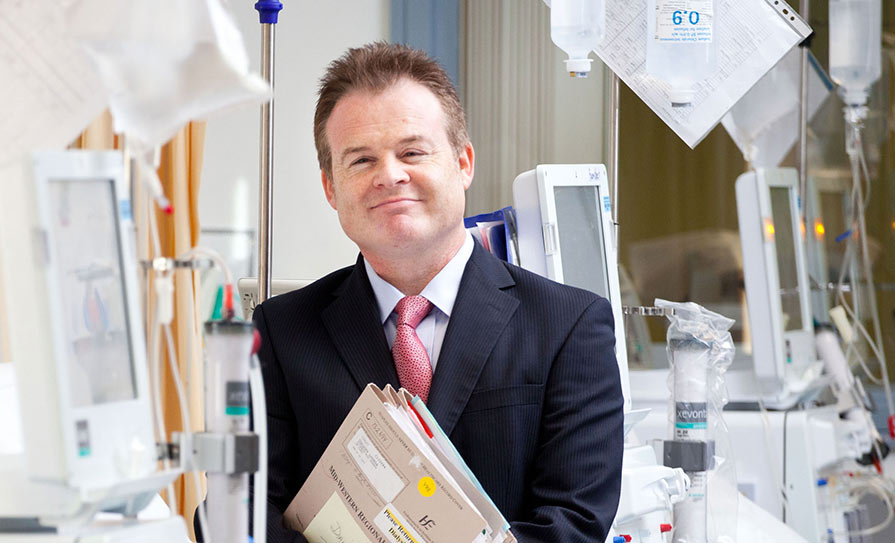The question of who fulfils the role of trauma surgeon can be “difficult to answer”, a trauma and vascular surgeon told the 4th annual trauma conference at the Mater Hospital, Dublin.
Speaking on training the modern trauma surgeon, Mr Morgan McMonagle emphasised the crucial role of the trauma surgeon in identifying and controlling major haemorrhage. He said major haemorrhage is among the top three causes of death in trauma.
“About 30 to 40 per cent of early trauma deaths are directly attributable to haemorrhage and it is in the first four hours that we can really make a difference as surgeons,” he said.
As regards who fulfils this role, he said “it is really difficult to answer in this part of the world”, due to issues like lack of exposure to major trauma, surgical subspecialisation and the European Working Time Directive.
Mr McMonagle described the trauma surgeon as the “code red surgeon” or “haemorrhage control surgeon”.
The trauma surgeon “does not have to be the best surgeon in every cavity, you don’t have to be the best thoracic, best vascular, best pelvic, best limb surgeon, but you have to be the right surgeon and you have to know how to work smart.
“It is amazing how people can’t really define what major haemorrhage is, it is a bit nebulous… I define, many people define, major haemorrhage or exsanguinating haemorrhage, as the patient at risk of losing their entire blood volume within minutes, and that is the patient the code red or damage control surgeon needs to identify early, or the trauma team leader…[and] you have to work smart to decide which cavity is the most compelling source of bleeding.”
He cited incidences of patients with major vascular injuries whereupon a vascular expert was called in “and spends six hours doing a perfect bypass and the patient exsanguinates in the recovery room because they bled from every capillary”.
Mr McMonagle recommended that surgeons in Ireland intending to specialise in trauma should do an overseas trauma fellowship.
In regard to the US system, he recommended applying to hospitals that only accept people when board certified or equivalent, and USMLE certified. “Pick a place that has both a residency and a match system in the US, because again that means they are held to a much higher standard than other hospitals.”












Leave a Reply
You must be logged in to post a comment.